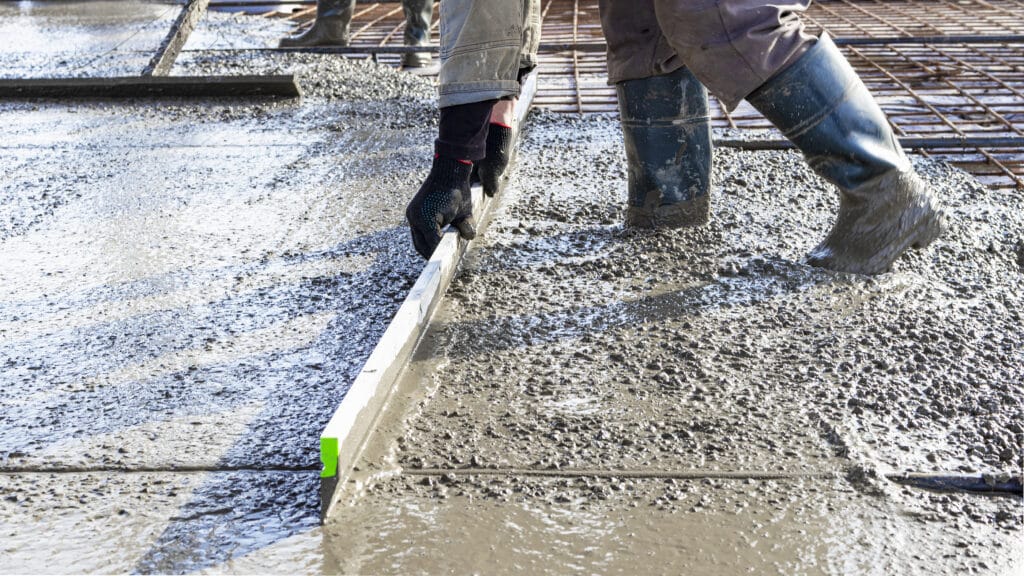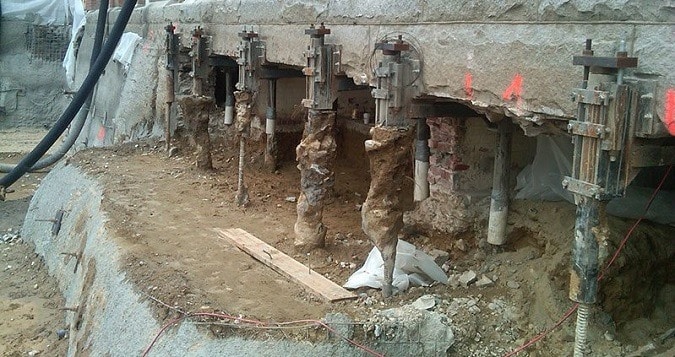Commercial construction refers to building structures designed for lease or sale in the private sector, such as offices, manufacturing plants and medical centers. Each project requires its own customized approach.
Concrete is one of the most versatile building materials used in commercial construction, offering endless design possibilities and fire resistance properties. Colored or stamped finishes can give it a distinctive appearance while offering fire safety protection.
Cost-effective
Commercial concrete slabs Melbourne has become one of the world’s go-to building materials, and for good reason. Not only is it long-lasting, energy-efficient and cost-effective – it is also highly eco-friendly as it doesn’t release toxic substances or break down into dangerous fragments – it is even fireproof! Commercial concrete makes an excellent choice for businesses that may experience fire-hazards.
As it acts as a soundproof material, rubber helps reduce noise levels within a building or workplace – an essential feature for businesses that rely on maintaining a calm atmosphere in order to flourish and grow their operations.
Careful consideration must be given when selecting a contractor with an extensive background in commercial concreting to get your job done properly. An experienced provider will understand exactly which materials your project requires and its associated cost, helping ensure you receive top quality services without going over budget. Furthermore, most contractors possess licenses, permits, and insurance to safeguard both themselves and their customers.
Durable
Commercial concrete is used to construct and enhance business facilities like malls, warehouses, and office buildings. As opposed to residential concrete, commercial grade slabs must meet more stringent structural and durability standards than their residential counterparts in order to accommodate heavy vehicles and high traffic volumes.
Concrete can also be customized and decorated to complement a project’s aesthetics, with various stains, polishes and stamping techniques creating customized looks to meet project aesthetics. A stamped patio may resemble the appearance of natural materials like stone or wood for example.
Large polishing projects require team effort and open dialogue among stakeholders and project manager in order to be completed correctly and on schedule. A commercial concrete contractor will likely require licenses or permits before commencing work on any given job; it’s essential that these be factored into your initial budget plan.
Versatile
Commercial concrete contractors provide an array of services for building renovation and construction projects, from the design and planning stage all the way through construction completion. Their professionals specialize in using concrete to build foundations, walls, sidewalks, driveways and other surfaces – the material is durable yet cost-effective while energy-saving too! Concrete remains the go-to choice when it comes to sustainable building solutions.
Concrete is both fire- and heat-proof, making it an excellent choice for buildings in areas prone to wildfires. Furthermore, it serves as an insulator, helping keep buildings cool during the summer and warm in winter.
Running your own concreting business offers many advantages, including setting your own schedule and salary as well as selecting which clients to serve. However, to succeed with starting one requires prior experience with concrete work or construction projects as well as business acumen to manage daily operations efficiently. Furthermore, understanding potential client needs and how their requirements may impact your operations is of equal importance.
Customizable
Custom Concrete is a family-owned foundation specialist. Their team of dedicated workers have years of experience and can work on projects of any scale or specification; for instance, one job required the use of Regufoam from Unisorb; this vibration isolation foam requires a 1.5-in. air gap which can be hard to achieve in forms. However, Custom Concrete found a solution by inserting plywood and dowels into forms as form reinforcement.
Launching your own concreting business offers flexibility and control over both schedule and salary, as well as choosing which clients you serve. Furthermore, this freedom enables you to decline projects that may be unfavorable or costly.


